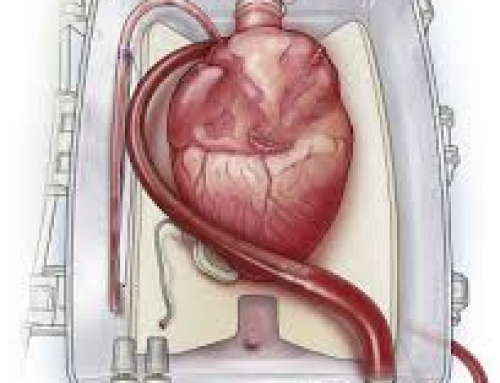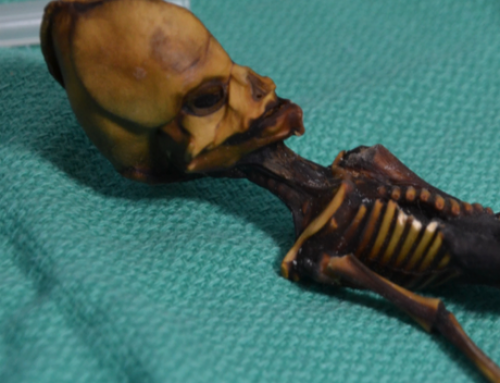Genomes, exomes, panels. Patients, doctors and the general public are hearing about things that simply didn’t exist 10 years ago. IO therapy is big news but TMB, a likely biomarker for immunotherapy response, is a simple concept often poorly explained. It is clear that a lot of education needs to happen around the use of genomics in medicine. The UK 100,000 genomes project has set up a specific Genomics Education Programme aimed at providing NHS staff opportunities to gain the knowledge, skills and experience needed for the NHS to be a world leader in genomic and precision medicine. A recent publication by Sanderson et al “Development of the Knowledge of Genome Sequencing (KOGS) questionnaire” reports on the development of a questionnaire used to assess an individual’s level of knowledge about whole-genome sequencing. I’ve posted the questionnaire on Twitter if you’d like to take it.
Do you need to learn about #genomics in healthcare? Try our short online courses that you can complete at your own pace: https://t.co/lzhoSLgDdX pic.twitter.com/vLrskoPVoy
— Genomics Education (@genomicsedu) July 18, 2018
The KOGs questionnaire builds on earlier work for the ClinSeq project. This initially used a similar approach to assess the knowledge level, about genome sequencing, of trial participants who were being asked to make informed consent decisions. In developing this approach Sanderson et al have split questions into those that are context-dependent (ie relate to a specific disease/condition) and those that are context-independent. It is these that the paper reports on, a follow up publication will describe the rare-disease context-specific questionnaire.
More work is certainly needed as the work described is squarely focused on whole genome sequencing, not exomes, not panels, not TMB, or any other test people may need to consent to. Those will each need context-dependent questions developing. And these questionnaires will need to be rolled out to a large audience to get population-level measure on whether there is adequate knowledge for informed consent to be given. The authors do state that the questionnaire would be “appropriate to include in a public survey on whole-genome sequencing” I’d like to see it rolled out!
Here’s my Twitter thread with the questions – have a go and see what your level of knowledge is!
This Tweet thread highlights the work of @SCSanderson et al's "Knowledge of Genome Sequencing" questionnaire, and serves up the questions here on Twitterhttps://t.co/znpqS52EJG
— James Hadfield (@coregenomics) July 20, 2018
At the very least with questionnaires like KOGs we may be able to identify gaps in knowledge and consider how best to fill them before asking for consent. There’s a lot to do insofar as education of patients, doctors and other non-genetics healthcare providers, and the public.








Leave A Comment